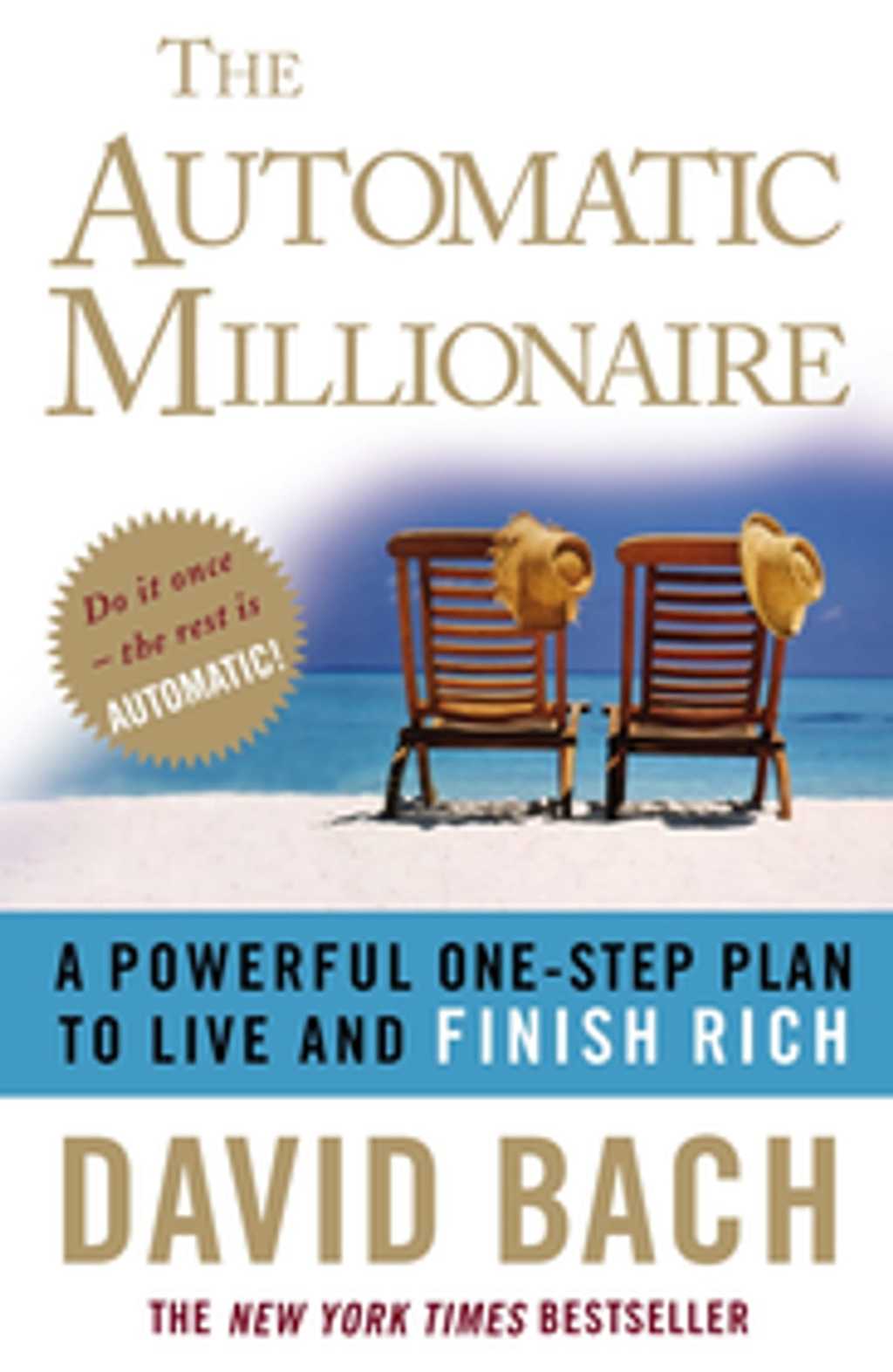Money on Your Mind
July 04, 2022 • 6 min read
Money on Your Mind
‘One size fits all’ is never a good approach to personal finance and wealth creation. Hence, this book list brings together some of the most trusted and relatable voices on different aspects of finance (Inspired by top Twitter threads). Take your pick…
Your Money or Your Life (Financial independence)
Vicki Robin Joe Dominguez

Sometimes, the path to making money comes at the cost of living a good life. We ignore or are forced to dismiss aspects of life like health, relationships, or well-being. Good life and money should work in tandem, says the author, and we must redefine our relationship with money. Here are nine easy and very effective steps toward financial independence.
How to Own the World (Investment)
Andrew Craig

Wealth is the way you live on the money you earn rather than the money itself that comes from working. To be truly wealthy in the capitalistic world where labor always gets less than the capital is to keep up with the times and invest your money in diverse products. It’s possible to earn more from your investments than from your salary! Pick up this book for a no-nonsense roadmap by the author.
Let’s Talk Money (Financial Security)
Monika Halan

You shouldn’t have to worry too much about the money after you have worked hard to earn it, says one of the leading Indian voices on personal finance. She suggests a systematic and effective plan to secure finance for the future while having a comfortable present. Also included is a subject on ‘proven system to identify dud investment schemes’. A gem in the Indian financial fabric, this book presents smart ways to build the life of your choice.
Evicted: Poverty and Profit in the American City (Economy and Poverty)
Matthew Desmond

Affordable housing is an urban essential for people on the margin to escape the cycle of poverty, argues the author and sociologist. He follows the lives of eight families who are at various stages of facing conviction in Milwaukee, USA. With meticulous research, he captures the dynamics between landlords, tenants, and the law, and suggests reforming the housing voucher system as the solution. The Pulitzer-prize-winner is a moving and research-backed reportage on the American urban epidemic.
The Millionaire Fastlane (Smart Entrepreneurship)
MJ DeMarco

First, a clarification: this isn’t a ‘get-rich-quick’ book. But the story is about a 33-year-old who willingly retired after becoming a multi-millionaire. His personal lessons sidestep the tested formula of gradual wealth over decades and show wealth in a new light that allows you to retire young. Be warned, there are no shortcuts!
The Millionaire Next Door (Wealth creation)
Thomas J Stanley and William D Danko

‘Whatever your income, always live below your means.’ The evergreen quote comes from this classic that carries easy-to-follow saving habits that ensure your money grows. It researches and analyses millionaires’ financial habits and lays out their common practices, lifestyle, and attitudes that even a commoner can use to get financial independence. If you aspire to be a millionaire, this book is for you.
Rich Dad, Poor Dad (Financial literacy)
Robert Kiyosaki

Here, the rich dad is the author’s mentor who studied till Class 8 and went on to become a moneyed man. The poor dad is the author’s father, a genius and traditionally hardworking man who remained financially average. The author contrasts their mindsets and explains the key ways of wealth creation in six chapters. He emphasizes the need to gain financial literacy to make money work for you long-term. First published in 1997 and critically booed, this late bloomer has since been read by millions around the world and continues to remain a financial classic.
The Confidence Game (Psychology of power)
Maria Konnikova

Conning has two sides: the cons and those who are conned. Cons come on a spectrum: it might be Ponzi schemes but can also be the lies that big people often peddle to deceive others. Here, the author explores the machinery of conning through research and a psychological lens. How do cons fool people and WHY do people fall for them? The author details the psychology of scammers and the scammed, and lists the ways to detect a con before it’s too late!
The Automatic Millionaire (Smart Finance)
David Bach

Is financial discipline not your strength? Then give this book a try. It’s an easy practical guide to investing your money in an auto-pilot mode that ensures wealth creation over time. Using everyday examples like latte and McDonald’s, the author reveals the best ways to invest money and make it work for you.
Money: Master the Game (Wealth Creation)
Tony Robbins

When the financial crisis gripped the US in 2008, Tony Robbins decided to use his privilege. He interviewed the billionaire investors he knew, learned how they create wealth, distilled the findings, and placed them in a book. At about 700 pages, Master The Game might seem heavy, but it’s a book for people in every salary bracket. It offers a blueprint of seven moves to financial freedom. The author also says that a good way to widen investments is to follow the three-bucket system, which will factor in leading a wholesome life.
The Psychology Of Money
Morgan Housel

Understanding human behaviors drives a healthy relationship with money. The author and former columnist with The Wall Street Journal, who has been writing about finance since 2008, uses 18 chapters to highlight the effects of varied attitudes throughout history on financial outcomes.
His conversational style of writing combines empirical research, stories, and his path to financial wisdom.